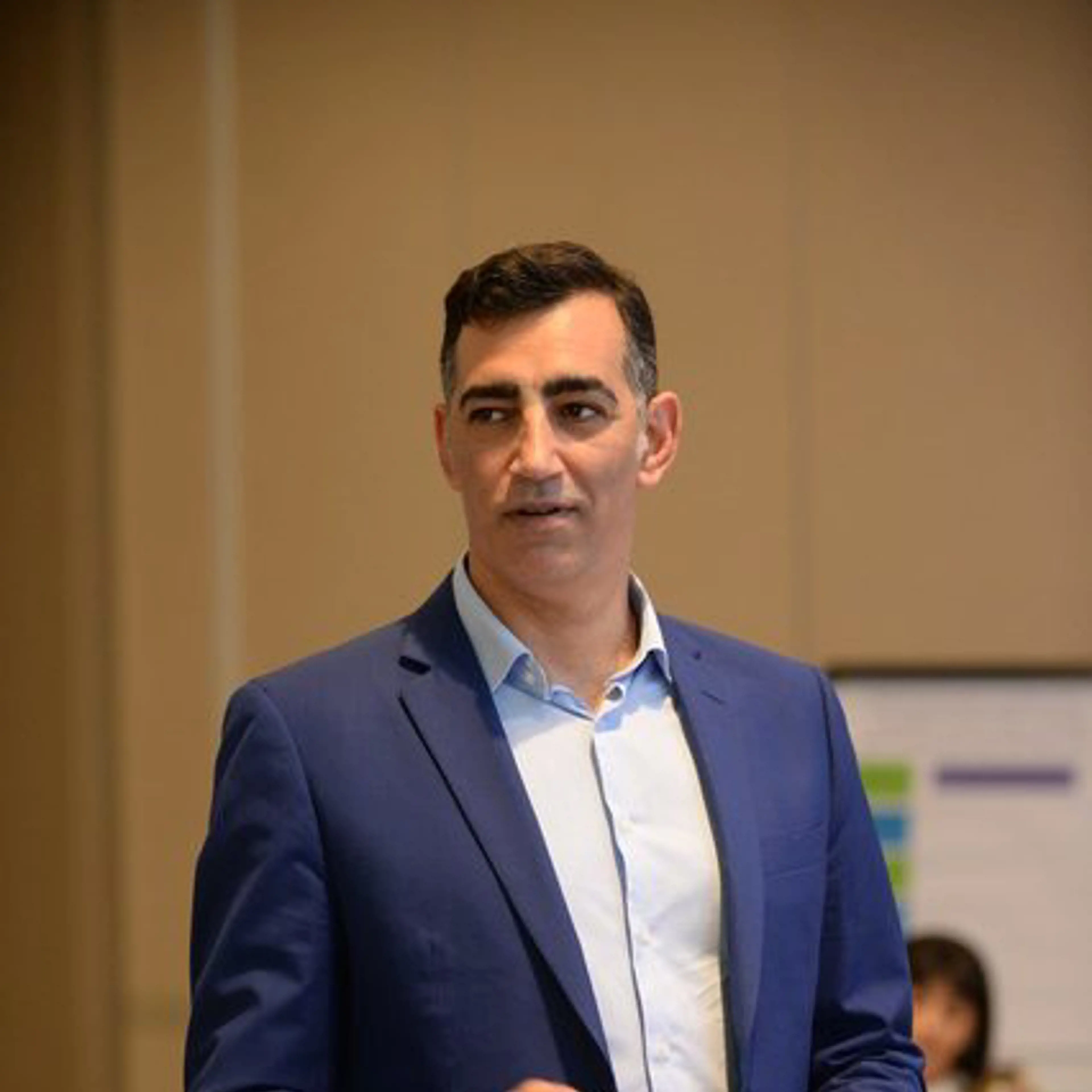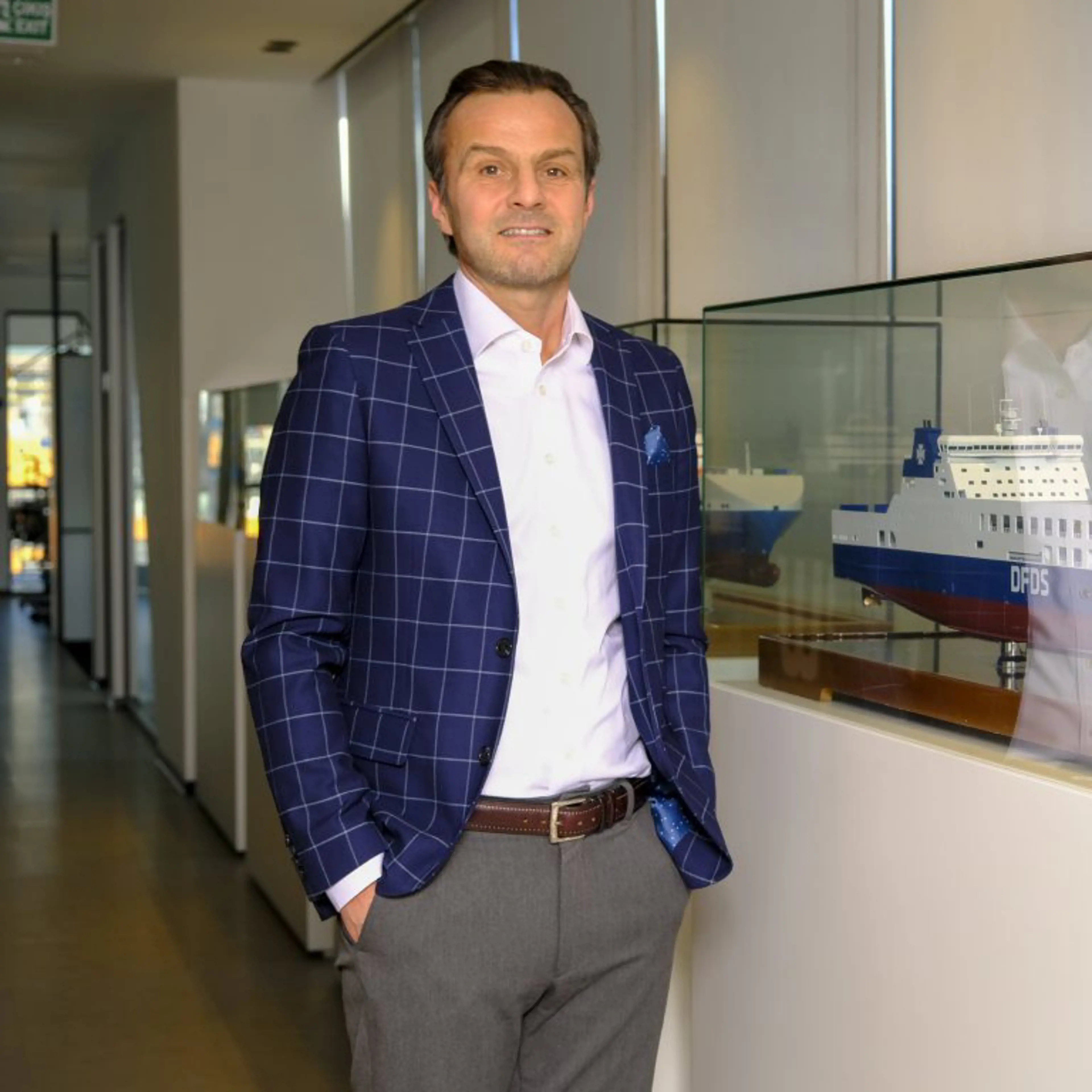The maritime industry accounts for approximately 90% of the world’s global trade and it is evolving faster than ever. It plays a pivotal role in the global economy at large. While it is one of the most efficient modes of transport, it is still responsible for an increasing amount of greenhouse gas emissions and if it continues on its projected path, it will undermine the Paris Agreement framework.
Outside of the pressure to move towards a greener future, the effects of the pandemic, the war in Ukraine, natural disaster, and inflation are exacerbating the rate of change in the industry. So how do shipping and logistics professionals equip themselves to embrace and navigate the inherent challenges and change ahead?
AN IDEAL EDUCATION
For many, pursuing an Executive MBA is undeniably the best route and Copenhagen Business School’s Executive MBA in Shipping and Logistics is recognised to be the foremost programme to address the challenges in the maritime industry. Irene Rosberg, the Programme Director, shapes the educational track of the Blue MBA so that the leaders who pass through its doors will act with agility and harness innovation.
“For me, this has never been a job – it has been a passion,” says Irene Rosberg.
Her educational background was in the maritime education and research, pair that with her connections across the industry and it comes to no surprise that she was head-hunted to launch the programme from its inception in 2001.
With her astute attention to the future of the industry, Irene Rosberg is a preeminent expert serving on many international boards and committees and speaking at essential maritime events – notable recent highlights include addressing the 22nd Parliamentary Intelligence Security Forum in Bucharest on the Role of Maritime Transportation in Food Security, launching M-Now (The Maritime Network of Women) where she serves as the President, and consecutively being voted the #1 Woman in Shipping via British shipping newspaper, All About Shipping.
“I believe one of the major lessons to be learned is the need to lean much more on technology and develop ways of harnessing it to achieve sustainable goals. Digitalisation is moving at great speed and will take over almost everything we do in this industry, and it will certainly require skill sets beyond the traditional seafaring abilities,” says Irene Rosberg.
Digitalisation, innovation, and sustainable leadership are woven throughout each of the modules of the programme and the breadth and diversity of the Blue MBA education is what makes it paramount; participants gain a holistic view of shipping to become the leaders of the future. The learning modules of the Blue MBA include Accounting and International Economics, Shipping as a Business and a Market, Supply Chain Management, International Economics and Market Analysis, Ship Knowledge, the Maritime Legal Framework, Operations Management and Information Technology, Investment Analysis, Risk Management, and Finance, International Marketing, Organisation, and Managing Strategy and Change, and Leadership and Personal Development.
While the Blue MBA’s curriculum primes its graduates to lead from a holistic standpoint, its location in the world also contributes to its competitive edge. Denmark is a front-runner of the maritime ecosystem due to a high concentration of premier shipping and offshore maritime companies and services, a highly competent maritime workforce, and world-leading energy efficient ship design. It is no wonder that approximately 75% of the class are international participants.
THE PEOPLE OF THE BLUE MBA
With her expansive network Irene Rosberg, ushers in the global talent that elevates the educational experience and strengthens the longstanding Blue MBA Alumni Association.
“The Blue MBA gives an insightful overview of the industry and delves deeply into fundamentals like the key drivers, opportunities and risks for the various players in the industry. With world-class teaching staff and senior participants from many parts of the industry, it is a dynamic learning experience coupling theory and practice in interaction,” says Bo Cerup-Simonsen, Chief Executive Officer at Mærsk Mc-Kinnney Møller Center for Zero Carbon Shipping and class of 2009 alum.
Other recognisable figures to have graduated the programme include Capt. Prashant S. Widge – Head of Responsible Ship Recycling at Maersk, Charlotte Røjgaard – Global Head of Marine Fuel Services at Bureau Veritas Verifuel, Reynir Gislason – President & CEO of International Freight Shipping SAC, Amado Mabasso – Chairman of the Board of Director of 12A Investimontos, and Thomas Bek, Chief Operating Officer of Blue Water Shipping.

